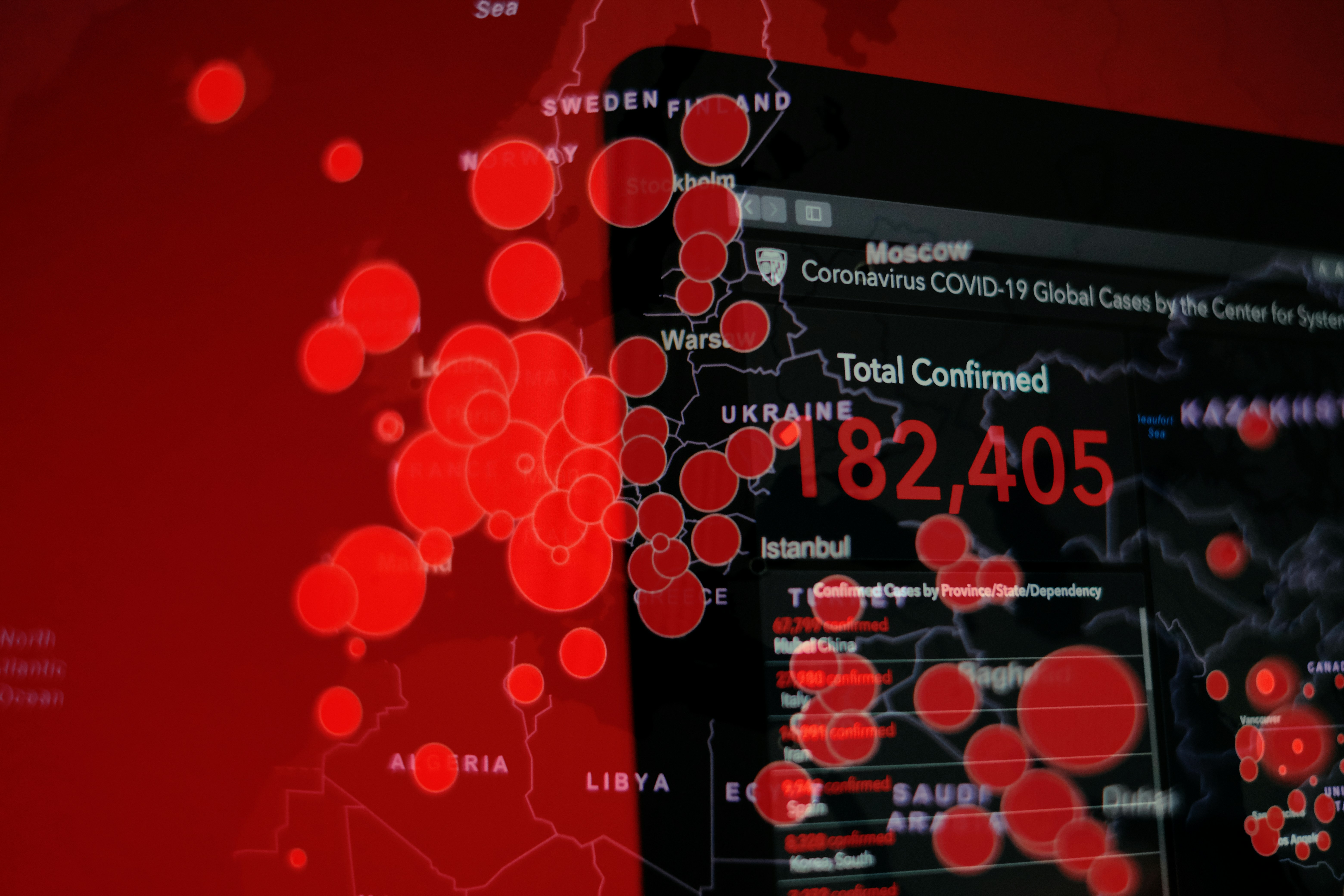News release
From:
The COVID-19 pandemic slowed progress towards health-related Sustainable Development Goals and increased inequalities
Study analyzed 7 major health themes across 185 countries before and after the COVID-19 pandemic
The COVID-19 pandemic significantly widened existing economic and health disparities between wealthy and low-income countries and slowed progress toward health-related Sustainable Development Goals (SDGs), according to a new study published July 24, 2024, in the open-access journal PLOS ONE by Wanessa Miranda of Federal University of Minas Gerais, Brazil, and colleagues.
The global SDGs were established in 2015 as a wide and integrated agenda with themes ranging from eradicating poverty and promoting well-being to addressing socioeconomic inequalities. However, the COVID-19 pandemic is known to have delivered a devastating blow to global health, with large economic repercussions.
The new study investigated the potential impact of these economic disruptions on progress toward health-related SDGs. The research team used data from the official United Nations SDG database and analyzed the associations between well-being, income levels, and other key socioeconomic health determinants. A yearly model was extrapolated to predict trends between 2020 and 2030 using a baseline projection as well as a post-COVID-19 scenario.
The study estimated average economic growth losses in the wake of the COVID-19 pandemic as 42% and 28% for low and lower middle-income countries and 15% and 7% in high- and upper middle-income countries. These economic disparities are projected to drive global health inequalities in the themes of infectious disease, injuries and violence, maternal and reproductive health, health systems coverage and neonatal and infant health. Overall, low-income countries can expect an average progress loss of 16.5% across all health indicators, whereas high-income countries can expect losses as low as 3%. Individual countries, such as Turkmenistan and Myanmar, have estimated a loss of progress which is as much as nine times worse than the average loss of 8%. The most significant losses are seen in Africa, the Middle East, Southern Asia, and Latin America.
The authors conclude that the impact of the pandemic has been highly uneven across global economies and led to heightened inequalities globally, particularly impacting the health-related targets of the 2030 SDG Agenda.
The authors add: “The COVID-19 pandemic significantly widened existing economic and health disparities between wealthy and low-income countries and slowed progress toward health-related Sustainable Development Goals (SDGs). Overall, low-income countries can expect an average progress loss of 16.5% across all health indicators, whereas high-income countries can expect losses as low as 3%.
Multimedia




 International
International



